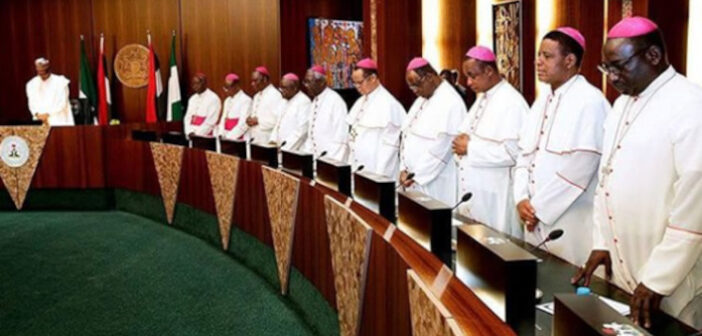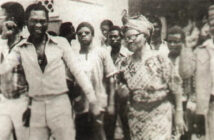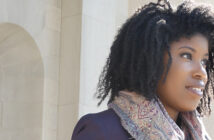Bishops of the Catholic churches in Ghana and Nigeria maintained that homosexual partnerships are against both national and divine law.
Although Pope Francis recently decided that some rites permitting same-sex unions to be blessed may be performed, Catholic bishops in Nigeria and Ghana have stated that they will not allow priests to perform this ministry.
In independent declarations released on Wednesday and Thursday, respectively, the Ghana Catholic Bishops Conference (GCBC) and the Catholic Bishops Conference of Nigeria (CBCN) asserted that approving homosexual weddings goes against church doctrine and divine law.
According to the statement: “The Catholic Bishops Conference of Nigeria assures the entire people of God that the teaching of the Catholic Church on marriage remains the same. There is, therefore, no possibility in the teaching of the Church of blessing same-sex unions and activities. That would go against God’s law, the teachings of the Church, the laws of our nation,” it stated.
As a threat to the continued existence of humanity, the Ghanaian bishops have long condemned homosexuality. They further emphasised that priests are not allowed to bless same-sex unions or weddings.
The doctrinal office of the Vatican earlier released a letter urging Roman Catholic priests to bestow the blessing to same-sex couples on a “case-by-case basis.” It was made clear, nonetheless, that neither the procedure nor a typical church ceremony or liturgy may be used to replace the sacrament of heterosexual marriage. The Vatican said that while the declaration would affirm that “God welcomes all” people, it would not justify “irregular” relationships or circumstances.
Roman Catholic theology states that a blessing occurs when a clergyman or priest begs God to watch over or favour a person or group of people.
Public outcry and controversy were generated by the document’s release, with some British clergymen even speaking out against it. 500 priests signed a letter released by the UK’s Confraternity of Catholic Clergy on Thursday, stating that the Church’s fundamental beliefs remain “unchangeable.”
According to Catholic teaching, homosexual behaviour is sinful, but being attracted to someone of the same sex is not. Following his appointment as pope in 2013, Pope Francis has worked to increase the church’s acceptance of LGBTQ individuals.
The bishops’ organisations in Ghana and Nigeria, while still defending their anti-homosexuality positions, asserted that the Pope’s recent endorsement of same-sex marriage was misunderstood.
“The blessing, which the declaration says could be given to everyone, refers to prayers that people may request for. For those in a state of sin, the prayers are meant to lead them to conversion. Therefore, the prayers for persons in same-sex relationships are not intended to legitimize their way of life, but to lead them on the path of conversion,” the GCBC stated.
LGBTQ unions are prohibited by legislation in Nigeria and Ghana to differing degrees.
Those convicted guilty under Nigeria’s Same-Sex Marriage Prohibition Act, 2013 face a 14-year prison sentence. A ten-year prison penalty awaits anyone who administers, witnesses, or helps in the solemnization of a same-sex marriage in the most populous nation in Africa. Over a hundred suspected homosexuals were detained by the authorities in August after they allegedly attended a same-sex wedding in the nation’s Delta state.
Human rights organisations like Amnesty International have denounced a recent proposal that Ghanaian lawmakers unanimously approved to strengthen the country’s anti-homosexuality laws, arguing that it infringes upon fundamental civil rights guaranteed by the country’s constitution.
Both French Minister for International Partnerships Chrysoula Zacharopoulou and US Vice President Kamala Harris have urged Ghana and other African nations to follow the West’s example in advancing LGBT rights.




